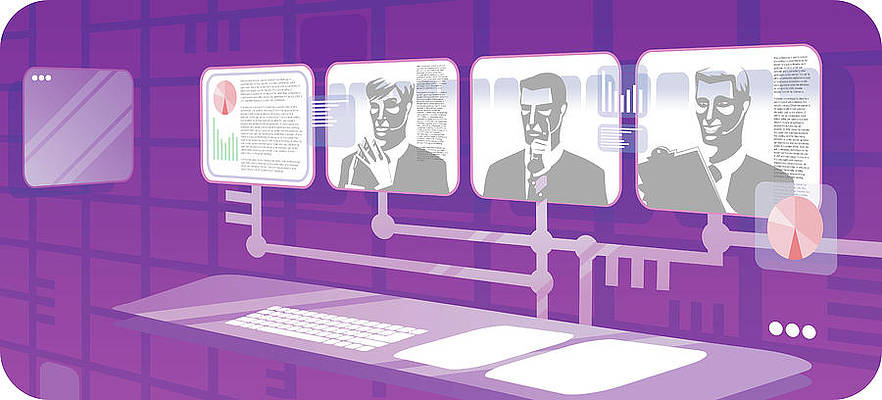Introduction: In the contemporary marketplace, understanding the intricacies of consumer behavior is paramount for businesses seeking to thrive and remain competitive. This article delves into the nuanced landscape of consumer psychology, shedding light on how psychological factors intricately influence purchasing decisions. By examining the underlying cognitive processes and emotional triggers, this discourse aims to unravel the profound interplay between human psychology and consumer choices.

Emotional Triggers and Decision-Making: Emotions play a pivotal role in driving consumer choices, often outweighing rational considerations. Research indicates that emotional engagement significantly impacts brand loyalty and product preferences. This section delves into the mechanisms through which emotions such as joy, fear, desire, and trust elicit specific reactions from consumers, shaping their perceptions and inclinations. 
Cognitive Biases and Perceptual Filters: Consumer decisions are also subject to cognitive biases and perceptual filters that can lead to deviations from rational decision-making. We explore the concept of cognitive biases, such as confirmation bias and anchoring effect, which influence how individuals process information and arrive at conclusions. Understanding these biases enables businesses to tailor marketing strategies that align with consumers' cognitive tendencies.
Social Influence and Group Dynamics: Consumer behavior is further influenced by social factors, including group norms and peer influences. The article delves into the mechanisms of social proof, wherein individuals rely on the behavior of others to guide their decisions. Businesses can leverage these social dynamics to create compelling narratives and campaigns that resonate with consumers' desire for social acceptance and affiliation.

Personalization and Customer Experience: Personalized experiences have gained prominence as businesses harness data to tailor offerings to individual preferences. By leveraging consumer data and employing behavioral segmentation, companies can craft customized interactions that resonate with consumers on a personal level. This section explores the ethical considerations of data-driven personalization while emphasizing its potential to enhance consumer satisfaction and loyalty.
Neuroscience and Neuromarketing Insights: Advances in neuroscience have enabled a deeper understanding of the neural processes associated with consumer behavior. Neuromarketing techniques, such as neuroimaging and biometric measurements, provide insights into consumers' subconscious responses to marketing stimuli. This segment highlights the potential of neuroscientific research in optimizing marketing strategies and product design.
Conclusion: The psychology of consumer behavior unveils a rich tapestry of influences that shape individuals' purchasing decisions. By recognizing the sway of emotions, cognitive biases, social dynamics, and personalized experiences, businesses can craft strategies that resonate deeply with consumers, fostering enduring connections and driving business growth in a dynamic and competitive marketplace.




You must be logged in to post a comment.